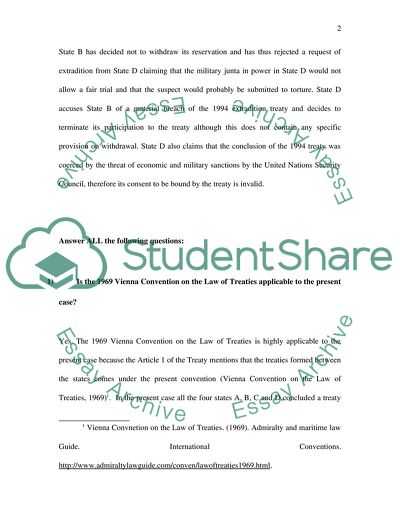Cite this document
(Public International Law - the 1969 Vienna Convention Assignment, n.d.)
Public International Law - the 1969 Vienna Convention Assignment. Retrieved from https://studentshare.org/law/1729712-no-title-international-law
Public International Law - the 1969 Vienna Convention Assignment. Retrieved from https://studentshare.org/law/1729712-no-title-international-law
(Public International Law - the 1969 Vienna Convention Assignment)
Public International Law - the 1969 Vienna Convention Assignment. https://studentshare.org/law/1729712-no-title-international-law.
Public International Law - the 1969 Vienna Convention Assignment. https://studentshare.org/law/1729712-no-title-international-law.
“Public International Law - the 1969 Vienna Convention Assignment”, n.d. https://studentshare.org/law/1729712-no-title-international-law.


